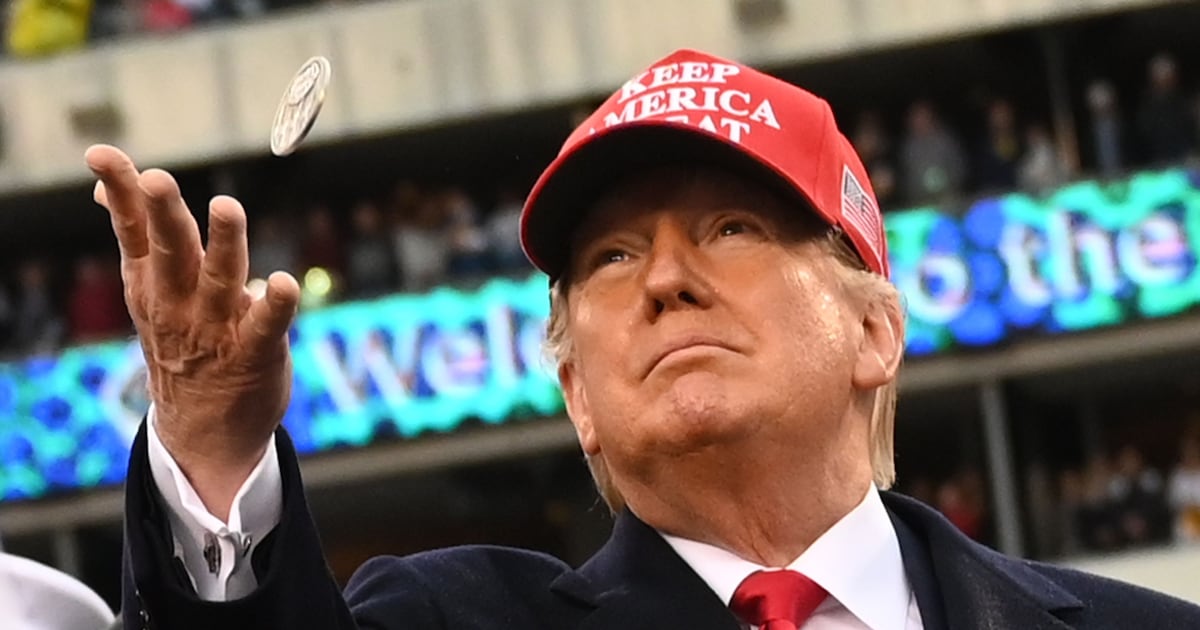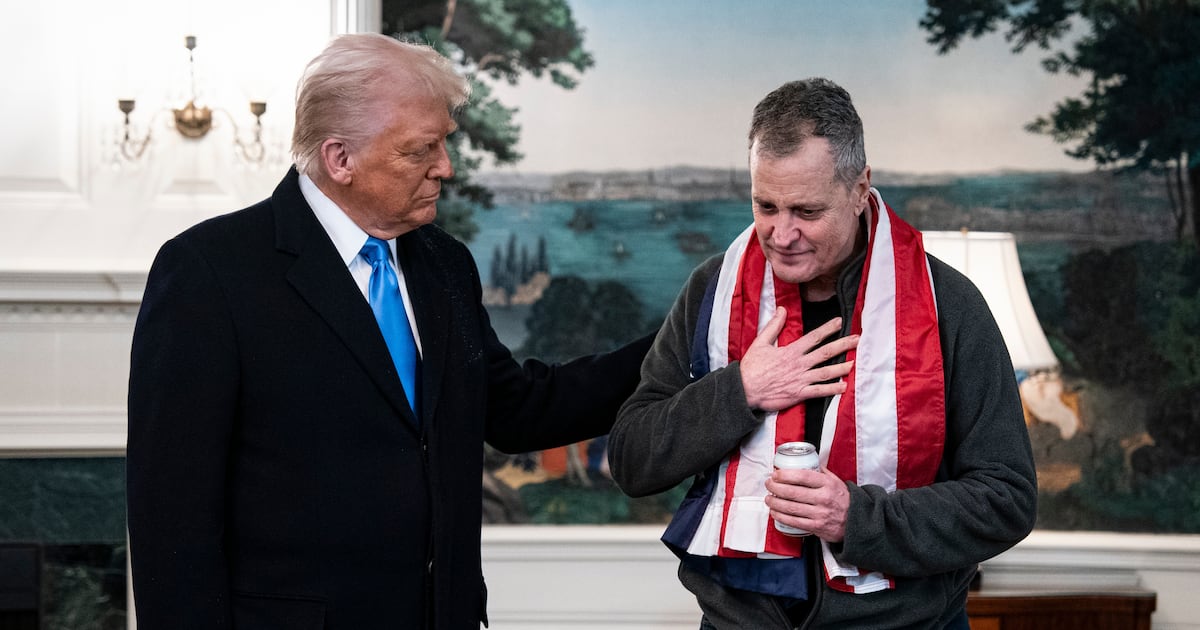In a long, wide-ranging speech at the final meeting of the Clinton Global Initiative early Wednesday evening, former president Bill Clinton laid out a vision of his family’s foundation that would have sounded strangely foreign to anyone only familiar with it through 2016 politicking.
But one thing was clear to anyone listening to his keynote: Bill Clinton didn’t want to say goodbye.
Clinton spent an hour telling stories, recollecting people he worked with over his 15 years running the foundation—from the super famous to the desperately impoverished—and reminiscing about public health breakthroughs he was particularly proud of.
This is not the Clinton Foundation we’re used to hearing about.
On the campaign trail, Hillary Clinton has shied away from talking at length about the organization, given that controversies related to its donors have dogged her since before she even officially launched her presidential bid. The foundation has drawn pointed criticism for the appearance of pay-for-play and allegations of influence peddling masquerading as charity. Critics—both partisan and nonpartisan—faulted the Clintons and their foundation for failing to disclose all the foreign governments and businesspeople who gave funds to the charity. Additionally, the foundation’s acceptance of gifts from foreigners while she was secretary of state fed the perception that the foundation’s backers gave in hopes of getting access.
Earlier this week, Bill Clinton himself undergirded that theory.
“It was natural for people who’ve been our political allies and personal friends to call and ask for things,” he told NPR. “And I trusted the State Department wouldn’t do anything they shouldn’t do.”
Donald Trump’s campaign promptly pounced.
“It appears Bill Clinton was telling the truth for once when he said it was only ‘natural’ for Clinton Foundation donors to ask for access and favors from Hillary Clinton’s State Department,” campaign spokesperson Jason Miller said in a press release.
But all that faded into the ether during Bill Clinton’s final remarks to foundation backers in Manhattan, where the former president made no apologies.
Instead, he seemed pained that another era of his life was closing. And though he touched on global problems—including the crisis in Syria, as well as growing inequality, instability, and “negative identity politics”—he pushed listeners to share his trademark optimism.
He began by discussing his work to help businesses in Harlem adjust to gentrification, a shift he thought “was on balance good news, we were raising incomes.” Then he recalled fundraising to help the victims of an earthquake in India and the children of the victims of 9/11. And there was his work with Nelson Mandela to lower the price of AIDS medications.
There was work to increase access to malaria, tuberculosis, and oral dehydration treatments.
There were efforts to plant trees, keep sugary sodas away from school kids, and roll back climate change.
There was the time the mayor of Srebrenica—where, in 1995, Bosnian Serbs committed a massacre—appeared at a foundation plenary session with the prime minister of Serbia. And the trip to Rwanda, where Procter & Gamble (which has given the foundation between $1 million and $5 million, according to its disclosures) distributed water purification packets. And then there was the moment he watched a group of Sri Lankan Hindus, Buddhists, and Muslims figure out disaster relief in the yard of a Catholic school.
And there were lots of generous rich people.
“It turned out as you are living evidence that there was this profound hunger to be given a chance to do something that could have a real impact,” he said, “that people who had been unusually fortunate were more than willing to invest their money. They just didn’t want to be taken for a ride. They wanted to know how they could do something that would have a real impact.”
Embrace incrementalism, perfect the art of “creative collaboration,” cling resolutely to optimism, Clinton said, and you’ll be above repute.
“When it’s all said and done the least even your adversaries will have to say is, you got caught trying,” he said.
(That’s not true. The foundation’s unacknowledged critics level a host of charges at it.)
But the former president didn’t want to talk about how the controversies surrounding some of its donors may now contribute to his wife’s sagging poll numbers. Bill Clinton wanted to talk about helping kids survive HIV.
And why shouldn’t he?
Because it was closing time for his role at the foundation.
And Bill Clinton wasn’t quite ready to go home yet.






